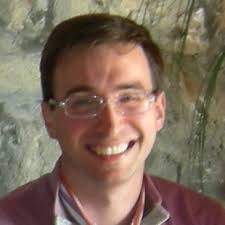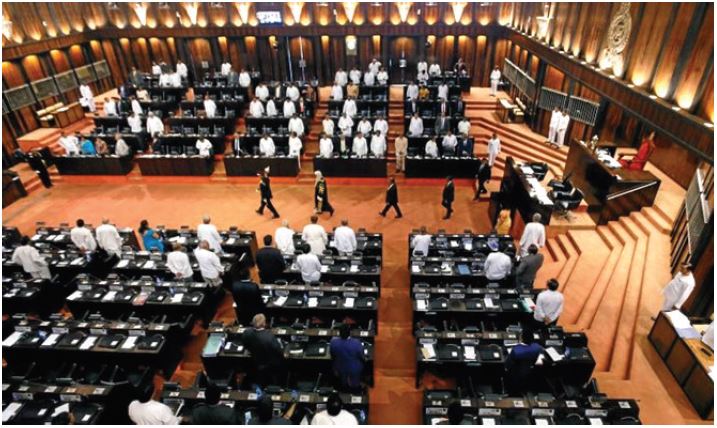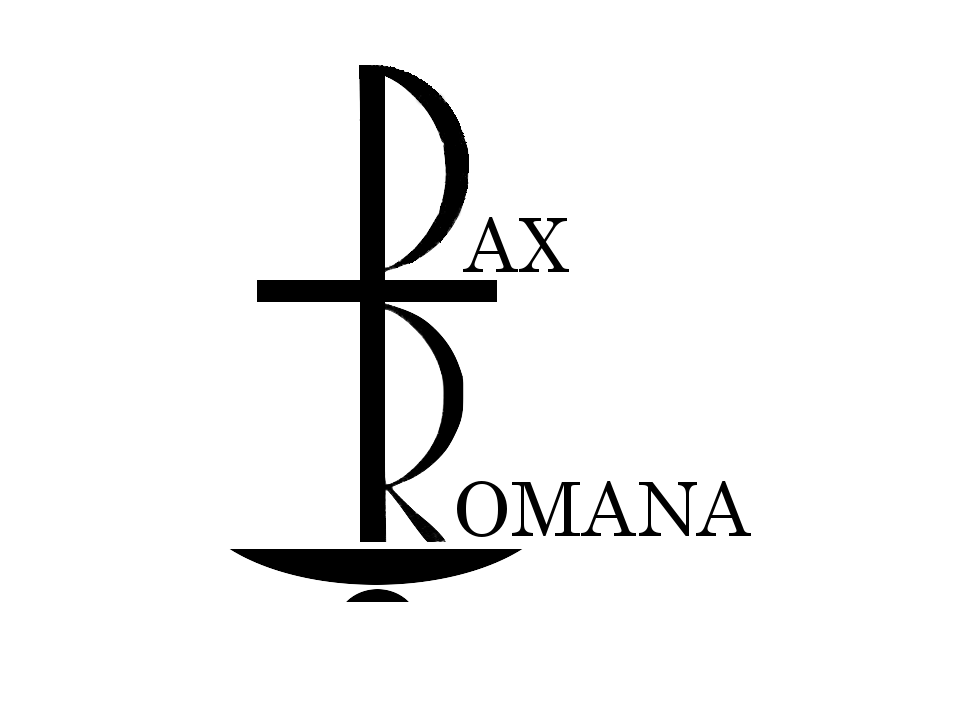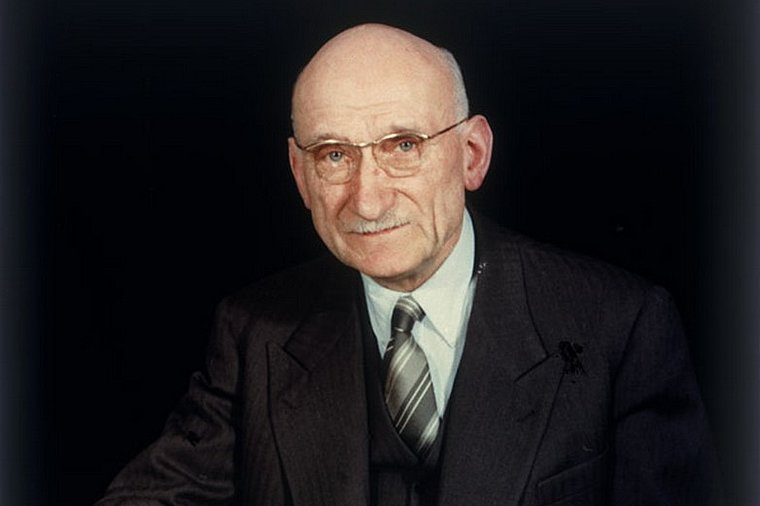 The recent vote of the European Parliament against the Hungarian government asks for the application of the article 7 of the treaty of the European Union, which allows the European institutions to subject a member state to sanction if there is an evident violation of one of the basic principles of the Union: democracy. It is well known that such request will not produce effects, since the final decision has to be taken by the European Council, where several governments, such as those of Poland, Austria and Italy, side with Mr. Orban’s government.
The recent vote of the European Parliament against the Hungarian government asks for the application of the article 7 of the treaty of the European Union, which allows the European institutions to subject a member state to sanction if there is an evident violation of one of the basic principles of the Union: democracy. It is well known that such request will not produce effects, since the final decision has to be taken by the European Council, where several governments, such as those of Poland, Austria and Italy, side with Mr. Orban’s government.
This entire story is the most recent manifestation of the historical crisis that modern representative democracy suffers in Europe and America. Such a crisis concerns the understanding of what democracy is. Modern democratic practices rest upon the basic idea of creating explicit and inviolable limits to every exercise of power and authority, so that even the power of the people does not lack a bound which is fixed in the list of rights and duties of the citizens and of the different communities. On the other hand, the idea of democracy which is proper of several political movements in Europe and of Trump’s administration in the United States is based on the idea that the democratic process consists in the simple popular mandate which enables the winner of a presidential election or a majority in a Parliament to consider themselves as the only legitimate representatives of the “general will” of the nation.
The battle of ideas on the issue of democracy is one of the key aspects of the historical change we are going through and questions not only the political and cultural élites. It has a crucial value also for religion and particularly for Christianity and Catholicism. It is certainly true that the radical opposition between these two political paradigms is common to all ‘democratic’ countries in today’s world. However, the ideological and political tension on issues such as migration, economics, welfare state, labour polices in Europe, has become a veritable rift all along a historical and geographic line which goes from Warsaw to Budapest, and continue through Vienna to arrive in Rome. Significantly, this same geo-political fault includes also Bavaria, where the regional government in Munich is developing a policy on migrants which is closer to the one of the Italian and Austrian governments rather than to the ideas of the German Chancellor in Berlin.
This consideration offers a key to interpret the actual European political crisis within a larger historical context, whose roots goes back to what emerged during the First World War in terms of connections between national identities and religious beliefs in the very heart of Catholic Europe. The rising of new forms of nationalism in Poland, Hungary, Austria, Italy and part of Germany is not only connected with the choices of some political movements or with a mixture of economic interests and pursuit of power. The use of Catholicism to strengthen the national identity of Poland, with religious marches all along the borders against the danger of ‘invasions’ of migrants, as well as the use of the Gospel and of the rosary in the electoral rhetoric of an Italian political leader, these are more than simple ‘coups de theatre’ to achieve a larger consensus. Such actions call for an inner temptation which is present in ‘traditional’ Catholic European countries to closely link and overlap the national belonging and the religious belonging, considering the ‘defence’ of the national interest and security as a duty which is coherent with Catholicism.
Therefore, the actual crisis of democracy is also a matter of the relation between Catholicism and democracy, not only at a theological, philosophical or political level. The crucial struggle is displayed within the local Catholic communities and the daily religious practice of national Churches which have not completely accept the historical role of ‘secularization’ as something which frees the Church from the bonds of political powers, making her free to profess the Gospel with the word and life of Christians. Certainly, the use of ‘Catholicism’ as a political instrument shows that the public role of religion is part of today’s world also in Europe and is not something which is proper only of Islam. However, the form of such use, which reduces Catholicism to the ancient paradigm of the religio instrumentum regni, radically questions the role of the Church particularly in those countries and regions where Catholics supported forms of new nationalism, in Europe and America. The Church has to develop a new care for memory and history to acquire the consciousness that Christianity is part of the history and it is shared by different people, countries, and cultures. But the attempt to confuse the ‘defence’ of a nation with the ‘defence’ of Catholicism requires also a renewed consciousness of the fact that faith is something irreducible to the contingent cultural form of a nation and that it assumes each human historical experience as something which the Gospel will make fully human.
Riccardo Saccenti





Leave A Comment
You must be logged in to post a comment.